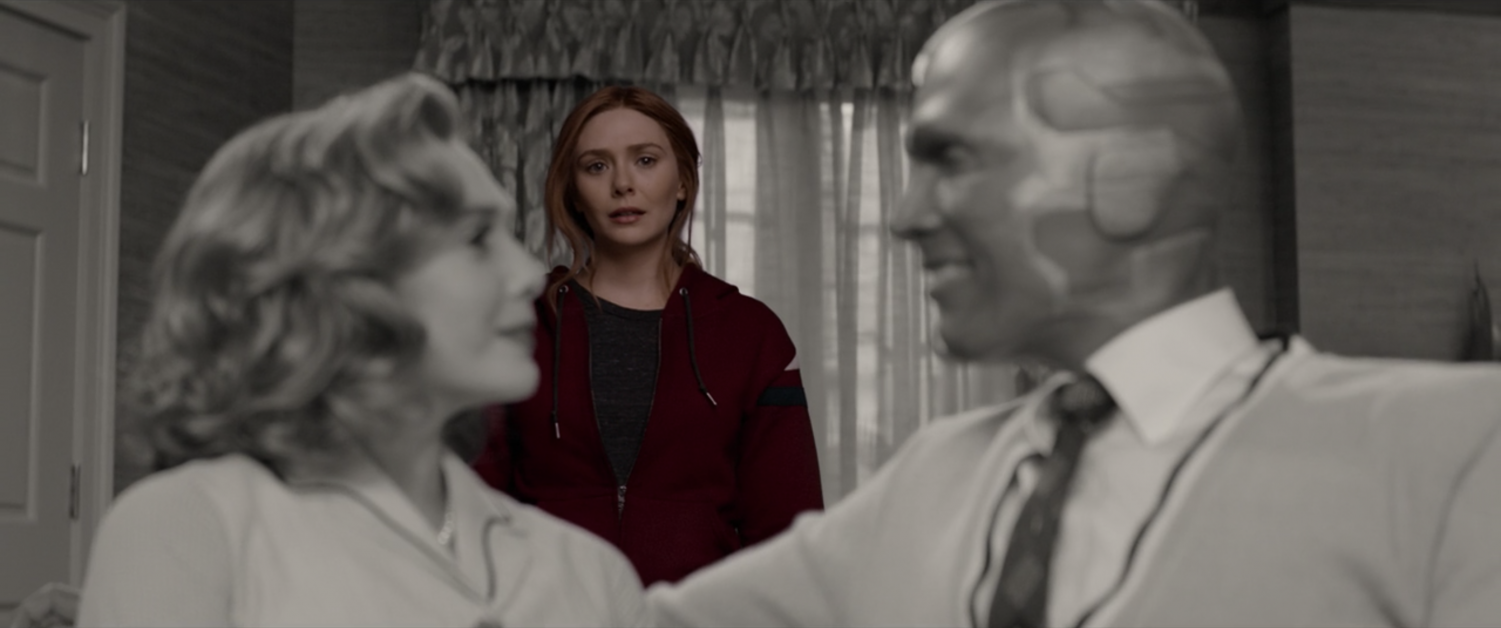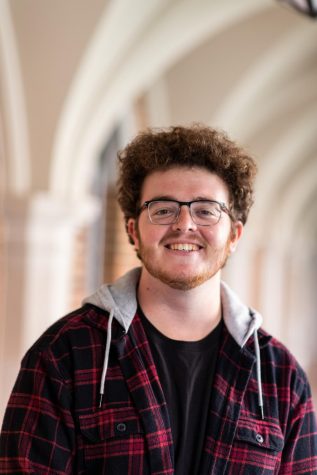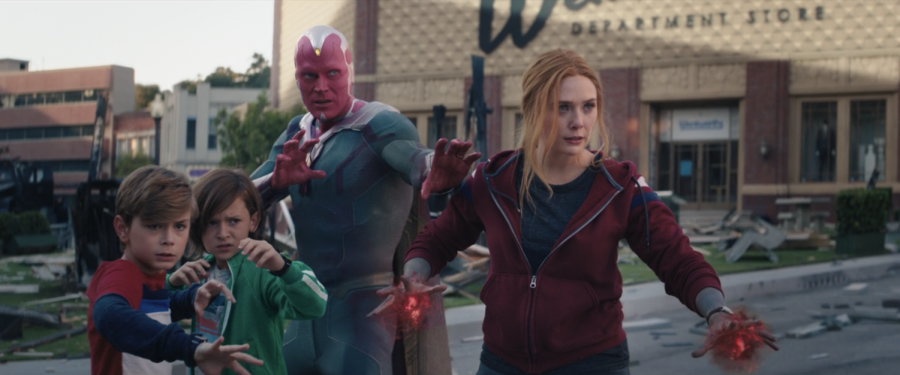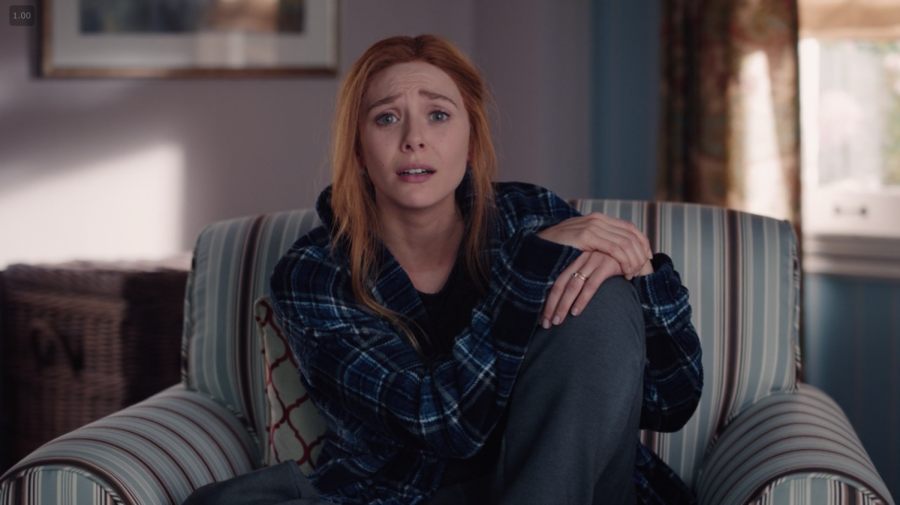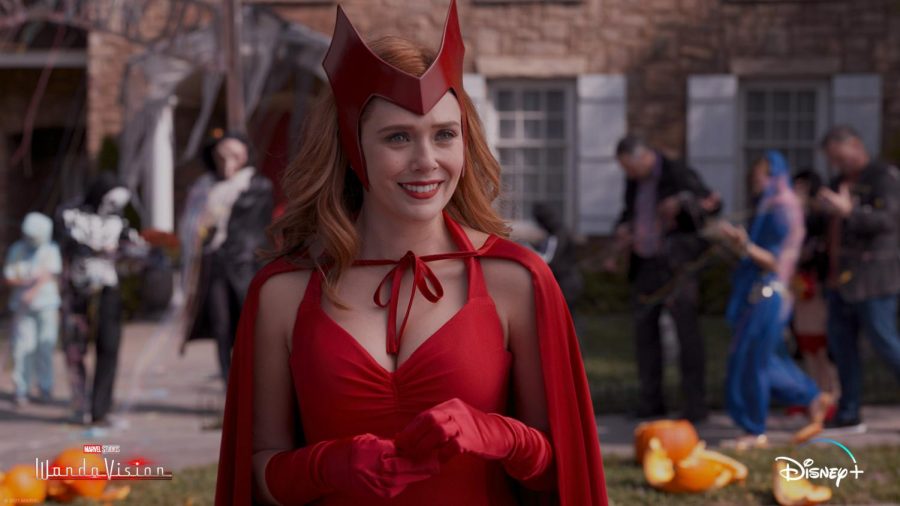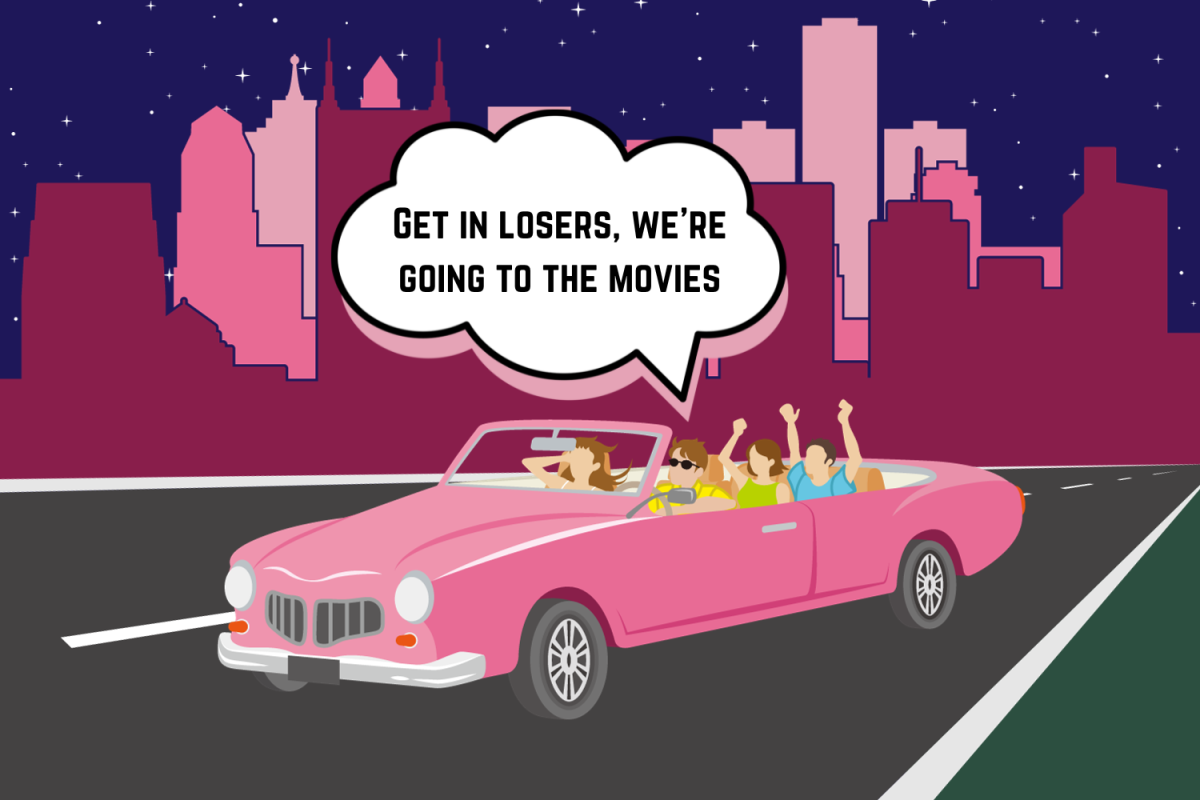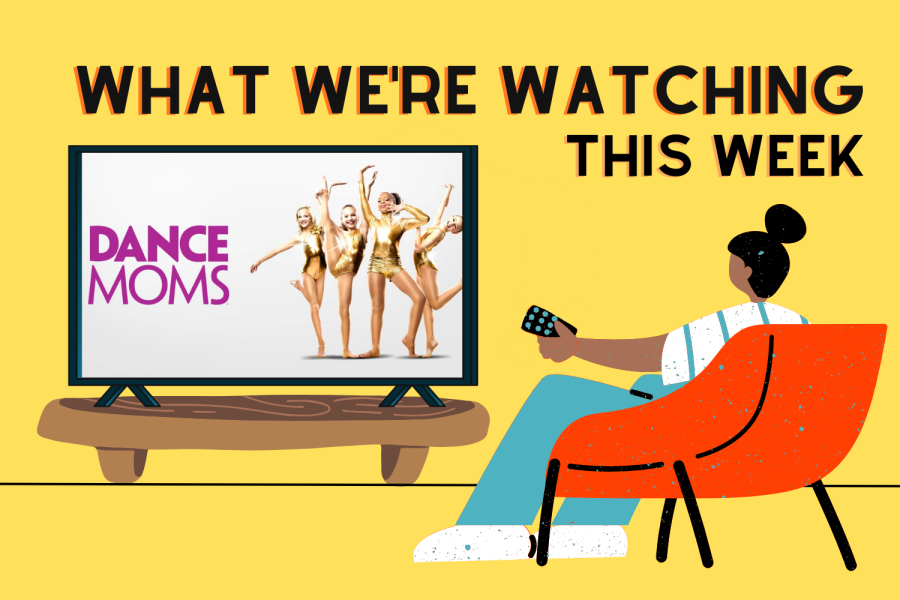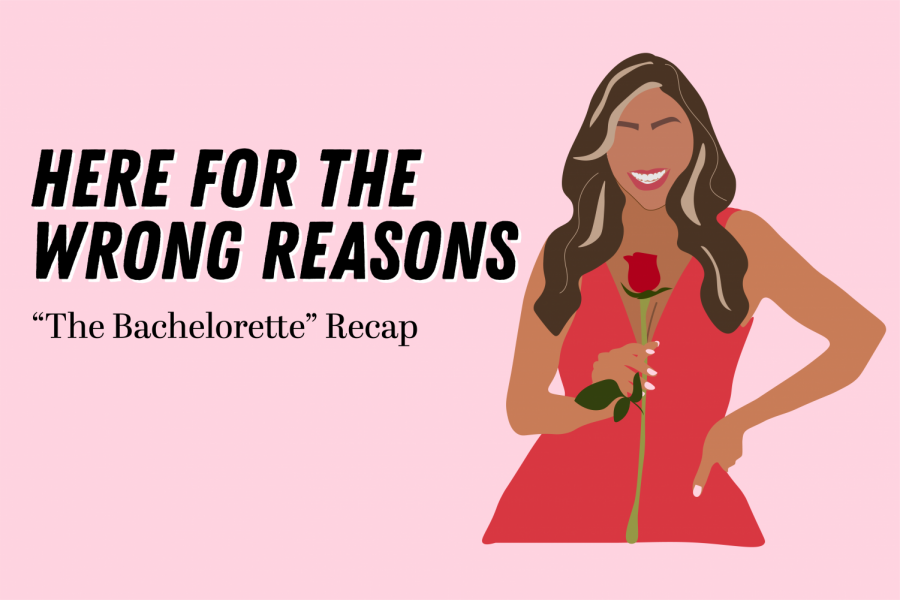Shit’s about to hit the fan.
Well, it kinda already has, but in episode 8 of “WandaVision,” the sense of approaching disaster weighs heavily over every moment, be it Agatha’s attempts to discover the truth of Wanda’s past, or Wanda’s overpowering loneliness in the episode’s many immersive flashbacks. Episode 8 brings the story of “WandaVision” full circle, depositing us at a peculiar moment in the narrative at which we have no idea what might happen in next week’s finale.
Before whatever that may be, episode 8 takes us to Salem, Massachusetts in 1693 to give us a bit of much-needed backstory for our new best friend and master witch Agatha Harkness. If you were thinking the Salem Witch Trials, you’re only half-wrong. Instead of being tried as a witch by her pilgrim compatriots, the young Agatha we see being dragged through a shadowy forest is actually on trial within her coven for stealing knowledge above her rank.
The whole scene—especially the Latin incantations the other witches chant—is a little middle school, but the special effects aren’t over-the-top, and Kathryn Hahn channels the intended mysticism well. Her masterful voicework effectively conveys the sense of moral ambiguity in Agatha’s actions as she pleads with her sisters, a sorrowful one-sided dialogue that shows us her quest for magical knowledge had (mostly) pure intentions.
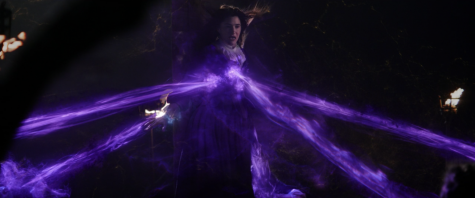
Back in the present, the now time-hardened Agatha butts heads with Wanda in her secret dungeon, and the snark is real. She teases Wanda about her accent, calls her “toots” and expertly crafts a patient, expressive villain monologue that showcases Hahn’s range. Her dramatic, drawn-out taunts and jeers are great character work, but they also teach us about the important distinction between Agatha’s very formal magic and Wanda’s wild, untamed magic.
Unexpectedly, Agatha is jealous; she envies Wanda’s ability to maintain such an intricate illusion for so long, running complicated spells practically “on autopilot” at the very outskirts of town. And of course, she wants to know how Wanda does it. Her motive thus becomes one of research into Wanda as a magical anomaly, a unique angle that makes it hard to determine whether Agatha will turn out to be a Hayward-brand villain after all.
But Agatha’s unconventional research methods definitely aren’t getting approved by any research ethics committees any time soon—she forces Wanda to relive her painful past. It’s an almost poetic display in which Agatha bullies Wanda into re-processing her own trauma through a new lens, but the way Agatha goes about it is nothing short of psychological torture as we follow the pair of witches through four distinct eras in Wanda’s life.
First up is her childhood home in Sokovia, portrayed somewhat clumsily. Instead of focusing on this, however, we zero in on the bootleg sitcom DVDs in Wanda’s father’s briefcase—and the subsequent eureka moment in which we learn where her sitcom obsession originated. We flip back and forth between Dick Van Dyke’s antics on screen and an adorable 10-year-old Wanda giggling at the television, and then the unspeakable happens: we bear witness to the sudden explosion that killed Wanda’s parents. My breath literally caught in my throat here, the intensity of the moment emphasized by striking musical direction with a deeply emotive strings section and somber violin cues at the most piercingly symbolic moments.
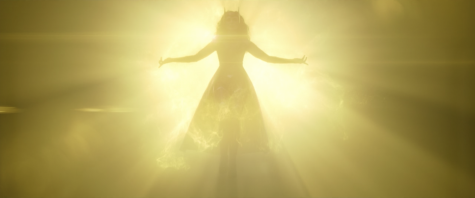
Then we see Wanda and Pietro hiding in the rubble, and adolescent Wanda spies Van Dyke on the miraculously-unharmed television a few yards away, inspiring her to deliver her most important line: “At the end of the episode, you realize it was all a bad dream.” Wanda was one of the only MCU regulars to not receive her own happy ending after “Endgame,” but she does have the power to create one. You can guess where this is going.
With traumatic moment numero uno out of the way, Wanda and Agatha move on to the Hydra facility that experimented on Wanda pre-“Age of Ultron.” This is the weakest of the flashbacks, but it does give us two key moments. The first comes when the mind stone shows Wanda a mysterious vision of the Scarlet Witch in traditional comics garb (foreshadowing for next episode), and the second arrives as Wanda watches an episode of “The Brady Bunch” in her holding cell. Young Cindy argues with Bobby over whether her doll has real feelings, which reminds us of a certain red synthezoid in Wanda’s life—who could that be?
Next up, we see Wanda sitting alone at the edge of her bed in the Avengers compound, watching “Malcolm in the Middle.” Vision phases through the wall into the room, and the two share a touching and vulnerable moment that MCU canon has desperately lacked for a long time, a solid justification for why the two are such a perfect fit.
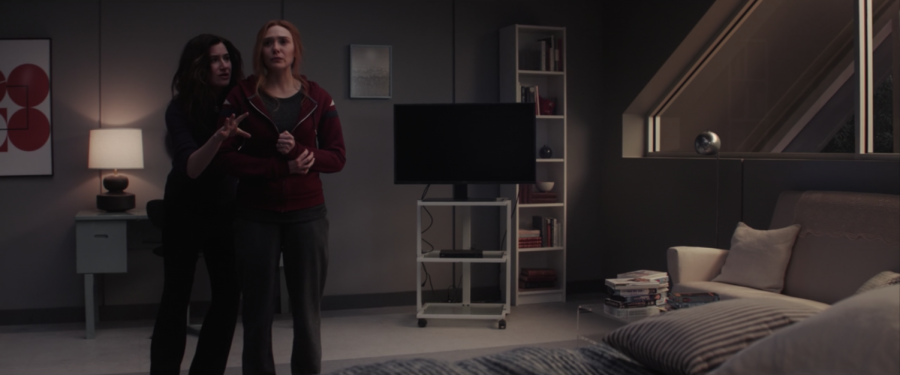
Wanda, unprompted, reveals to Vision she’s broken inside, going on about the waves of desolation and loneliness that repeatedly threaten to drown her with each additional loss in her life. And Vision counters: “What is grief, if not love persevering?” These elegiac words from someone whose humanity has long been an unanswered question suggest that Vision may understand more about the human experience than humans do. Ironic.
In the final flashback, we transition somewhat roughly from Wanda’s bleak desperation to the urgent sense of a woman on a mission, a strange code switch that Olsen handles well. She’s at the SWORD compound this time, but Hayward won’t allow her the closure of burying Vision’s body. Her inner turmoil is on full display, and the scene makes clever use of deliberate color contrasts—her vibrant red hair against the pristine white halls of the facility—to emphasize the passion of her fury and the heat of her desire.
The shattering moment comes not when Wanda literally shatters the glass window of the research lab, and not even when she puts her fingers to Vision’s forehead and sobs that she “can’t feel him,” a distressing callback to “Infinity War.” The wave of emptiness that looms on her emotional horizon inches closer with every passing second as she flees the compound in tears and drives to Westview—to an empty plot of land Vision bought for them to grow old in together. Wanda’s realization that she’ll never get to build that house—that home—with her one true love finally and decisively tears her apart.
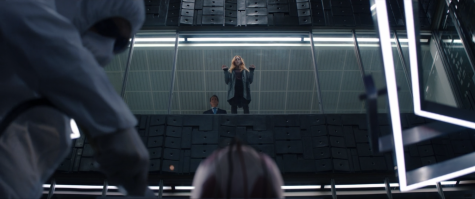
The magic of her grief explodes out of her in every direction and expands to encompass all of Westview. She forms a new Vision out of thin air, and we quickly realize we’re at the moment that started it all—mere seconds before episode one draws us into the idyllic world of a 50s sitcom. When she exits the frame for just a few seconds, we’re reminded of everything it took to get here: young Wanda watching Dick Van Dyke in the wreckage of her childhood home, “The Brady Bunch” playing on a small TV in the Hydra facility, and the revelation on humanity that Vision extracted from cheesy 90s television humor.
Only through this combination of the three can we realize why Wanda created “WandaVision.” Sitcoms defined every traumatic moment of her life, but they also presented her with a unique path to escape each and every devastating piece of that trauma—in a profoundly personal way that might finally give her the happy ending she deserved. It’s enough to make us tear up when she steps back into the frame, and all we see is an artistically angled close-up of her black-and-white 50s-era high heels, as she stands opposite Vision in her picture-perfect living room, in her picture-perfect suburb, in her picture-perfect life.
And if anyone threatens that life—Agatha, Hayward or even Monica—I have a suspicious feeling that the final episode is going to make them wish they never messed with Wanda Maximoff, the MCU’s Scarlet Witch.
Tune in in just a few days for what’s sure to be an explosive, resonant, visionary finale.



